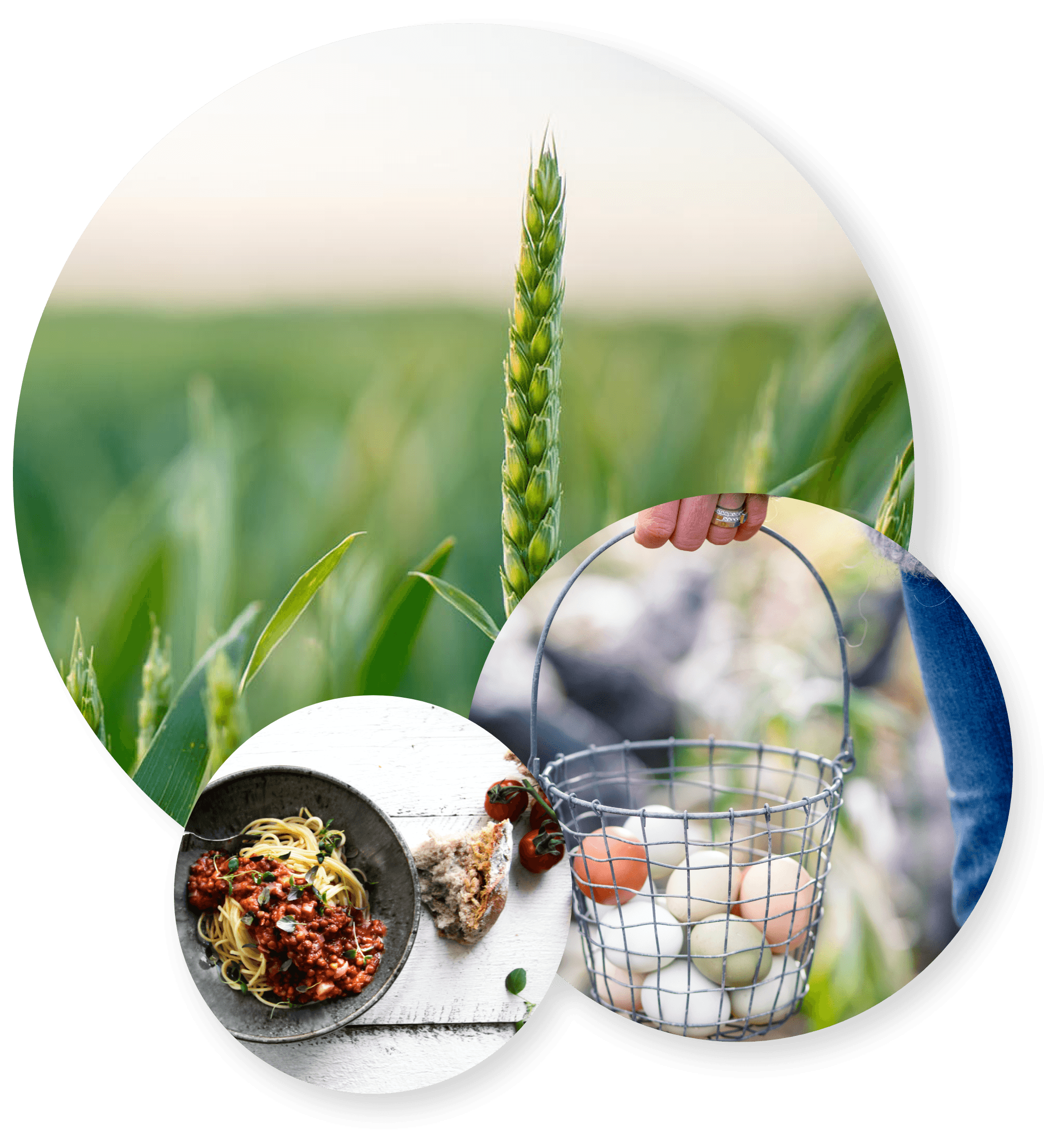In 2045, Swedish food production has a net zero carbon footprint.
Of greenhouse gas emissions, Swedish food production accounts for about 14 percent, of which agriculture accounts for 12–13 percent and the food industry for about one percent. Add to this the emissions caused by imported foods in other countries. Under the Swedish 2017 Climate Act, Sweden shall be climate neutral by 2045. All human processes generate greenhouse gases, especially the fossil-based ones but also the biological ones, although they also bind carbon dioxide. Even though it is assessed that agriculture will have difficulties achieving zero emissions by 2045, the ambition is to work with significantly reduced climate impact with a zero vision for Swedish food production by 2045.


In 2045, Swedish food production has a net zero carbon footprint.
Of greenhouse gas emissions, Swedish food production accounts for about 14 percent, of which agriculture accounts for 12–13 percent and the food industry for about one percent. Add to this the emissions caused by imported foods in other countries. Under the Swedish 2017 Climate Act, Sweden shall be climate neutral by 2045. All human processes generate greenhouse gases, especially the fossil-based ones but also the biological ones, although they also bind carbon dioxide. Even though it is assessed that agriculture will have difficulties achieving zero emissions by 2045, the ambition is to work with significantly reduced climate impact with a zero vision for Swedish food production by 2045.

REDUCED FOOTPRINT OF AGRICULTURE
Agriculture accounts for the absolute largest share of the food system’s climate impact and it is therefore essential to reduce carbon footprint in agriculture. This means that the emissions of nitrous oxide, methane, and plant nutriment must decrease in both plant cultivation and animal husbandry while production must increase further. Sustainable production of plant-based raw ingredients and feed with reduced carbon footprint must increase. Agriculture must switch to fossil-free inputs. Digitalisation must increase and the utilisation of data must improve for enhanced precision in both plant and livestock production.

REDUCED FOOTPRINT OF SEAFOOD
Raw ingredients from lakes and seas are expected to gain a larger role as the base for foods and feed, and as this part of the food sector grows, it is important to reduce the carbon footprint of fishing and aquaculture. We will achieve this by establishing technology for climate neutral cooling and replacing fossil fuels. The circulation of plant nutrients and feed utilisation must be improved in the various breeding systems. We must increase sustainability in the management of by-products and by-catches.

REDUCED FOOTPRINT OF PROCESSING
Even if the processing share of the carbon footprint of foods is comparatively small, it must still be reduced. As for other stages of the food supply chain, the replacement of fossil fuels is a key aspect, as is reducing food waste and increasing the sector’s utilisation of by-products. Increased resource efficiency and reduced environmental impact in previous stages also have positive effects on the climate impact of processing.

REDUCED FOOTPRINT OF DISTRIBUTION
Reduced carbon footprint in distribution, trade, restaurants, and catering is necessary and something that will be accomplished by establishing fossil-free distribution and developing a climate neutral cooling chain. It also involves resource-efficient, safe, and sustainable production methods in catering. In addition, emissions will be reduced through optimised logistics chains and transport.

MORE PLUS, LESS MINUS
A climate neutral food sector will be achieved through reduced negative emissions and increased positive climate impact. Different technological solutions must prevent carbon stored in food products and by-products from returning to the atmosphere. An essential tool is to design safe systems for climate compensation that link stakeholders through quality-assured and relevant business models. Interest in the food sector is great, in terms of both compensation and substitution, and it is therefore important to create system perspectives on climate neutrality in collaboration with other stakeholders.

MEASURABLE SUCCESS
Successful work with achieving the goal of climate neutrality is an added value and can be developed into a success factor for the Swedish food sector. It is therefore important to mobilise and measure success to show climate benefits in Swedish-produced food and drink. This will be achieved by developing and standardising system analysis and modern methods for calculating sector-specific climate impact. To do so, we need an industry-wide tool for mapping and measuring at producer level. A national database for carbon footprint of foods in line with other European initiatives must be established. The systems for eco-labelling, including climate benefits, must be further developed to enable comparison of different food products and value chains based on relevant parameters.

CLIMATE-SMART PROTEINS
There is great market interest in replacing animal protein with plant-based ones for climate reasons. It is therefore important to develop new proteins with reduced carbon footprint. This involves designing systems to better utilise various by-products, but also to develop production of protein-rich foods based on new raw ingredients.
CASE
Climate-smart meat
Swedish meat and processed meat companies are at the forefront when it comes to climate adaptation by designing new breeding concepts and new products. In an effort to replace imported proteins, mainly soy, HKScan developed its own concept, Rapsgrisen (Rapeseed Pork). After careful studies, imported raw ingredients for feed were replaced with rapeseed meal from Swedish rapeseed. The gain became threefold. In addition to feed with reduced carbon footprint, they obtained a meat ingredient with unique sensory properties and higher content of healthy omega-3 fatty acids. In food quality awards, products based on meat from rapeseed pork have received various awards, including Best Product in the Processed Meats Swedish Championship. In the spring of 2020, a line of cured products based on rapeseed pork was launched.
When introducing the concept, rapeseed pork was marketed with “anatomical responsibility”, i.e. that shops wishing to sell certain cuts had to buy a whole range.
HKScan also pioneered hybrid products, where sausages and processed meats were based on a mix of plant-based and animal ingredients. For a few years, they sold under the “ish” concept (like “meatish”).
In 2020, in collaboration with individual breeders, Gårdsinitiativet (the Farm Initiative) will be launched, where production of free range animals take place in an integrated concept involving, as far as possible, self-produced feed, renewable energy, reduced water consumption, better householding with plant nutriment and measures for biodiversity.


